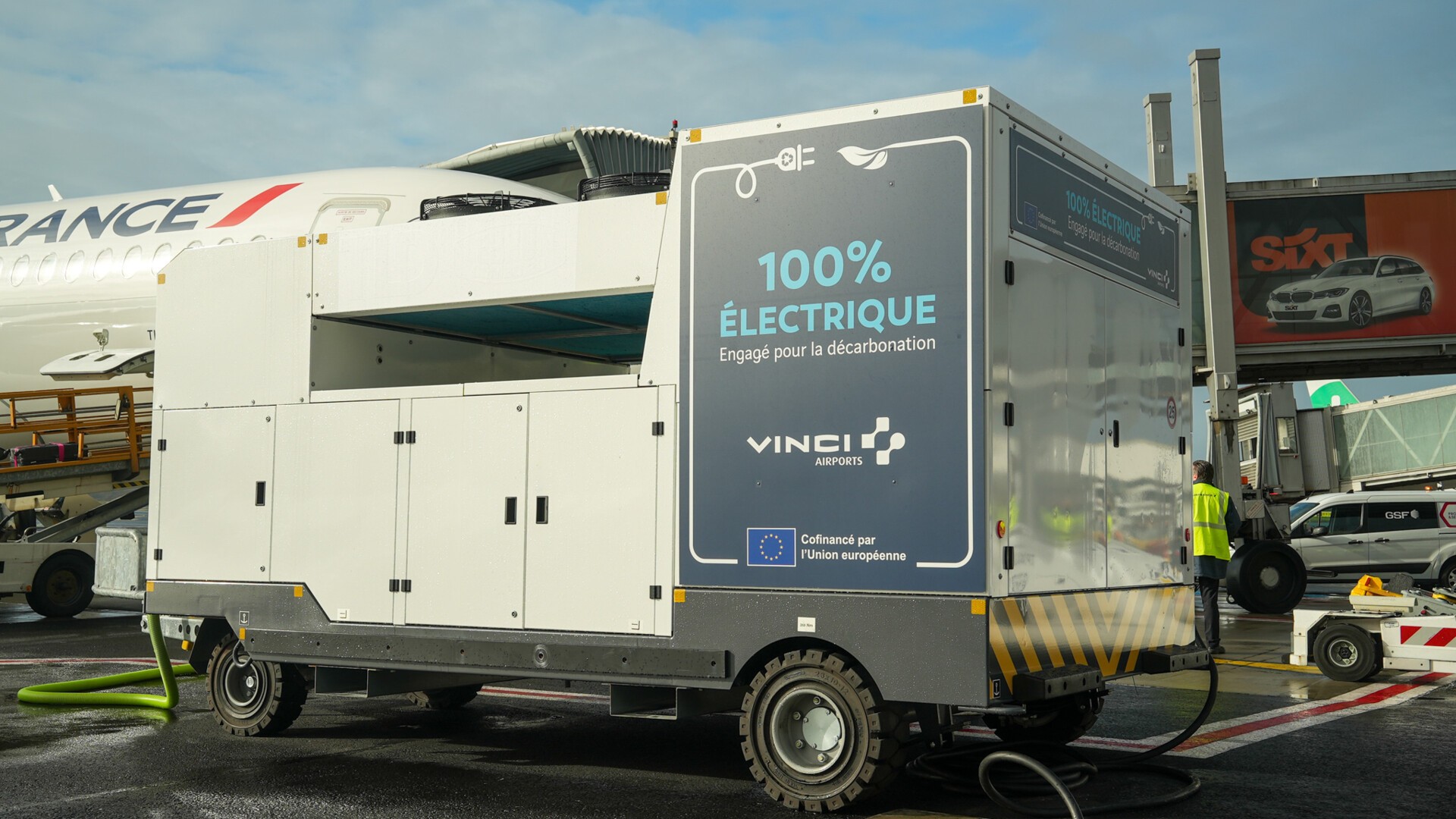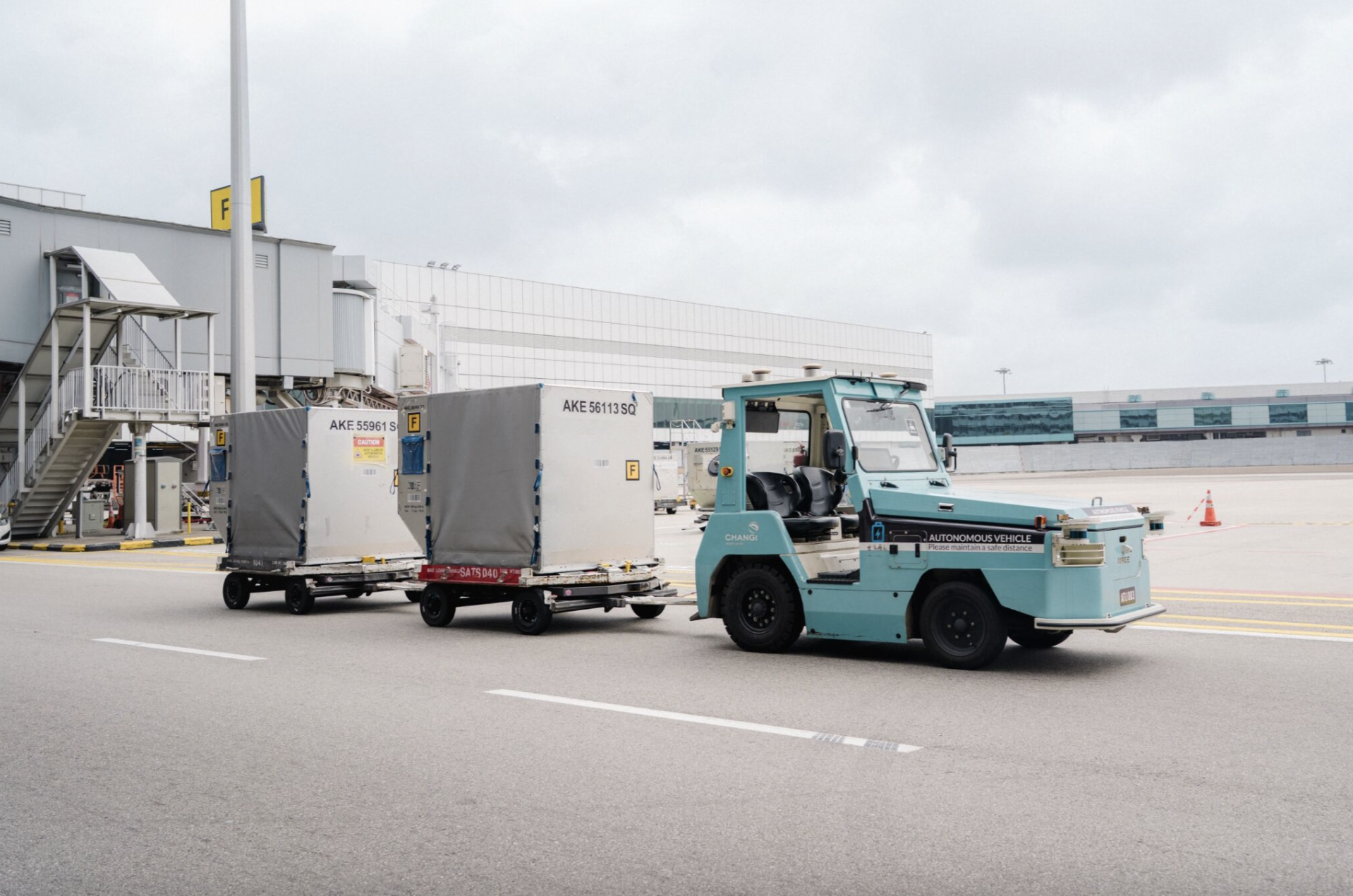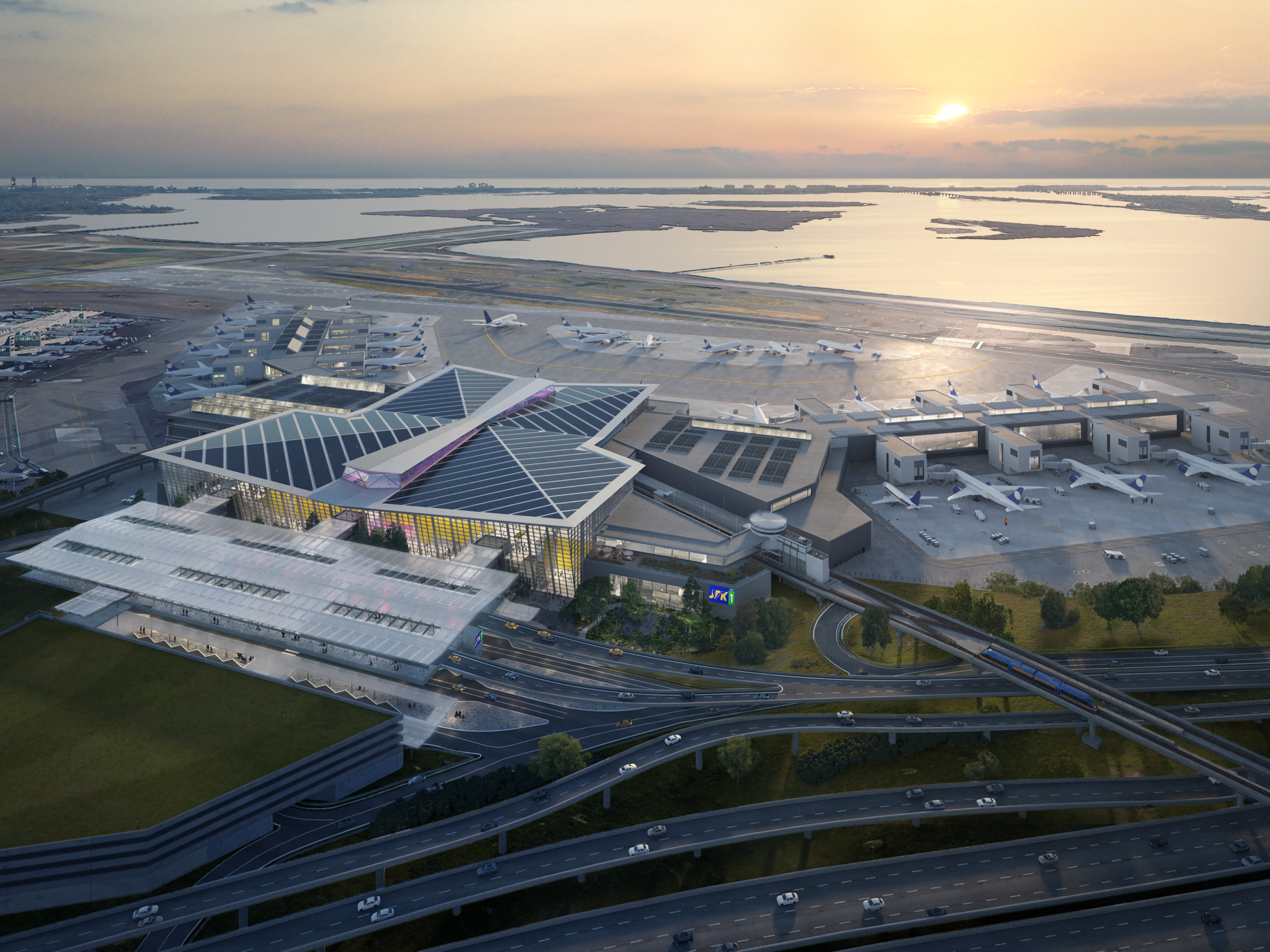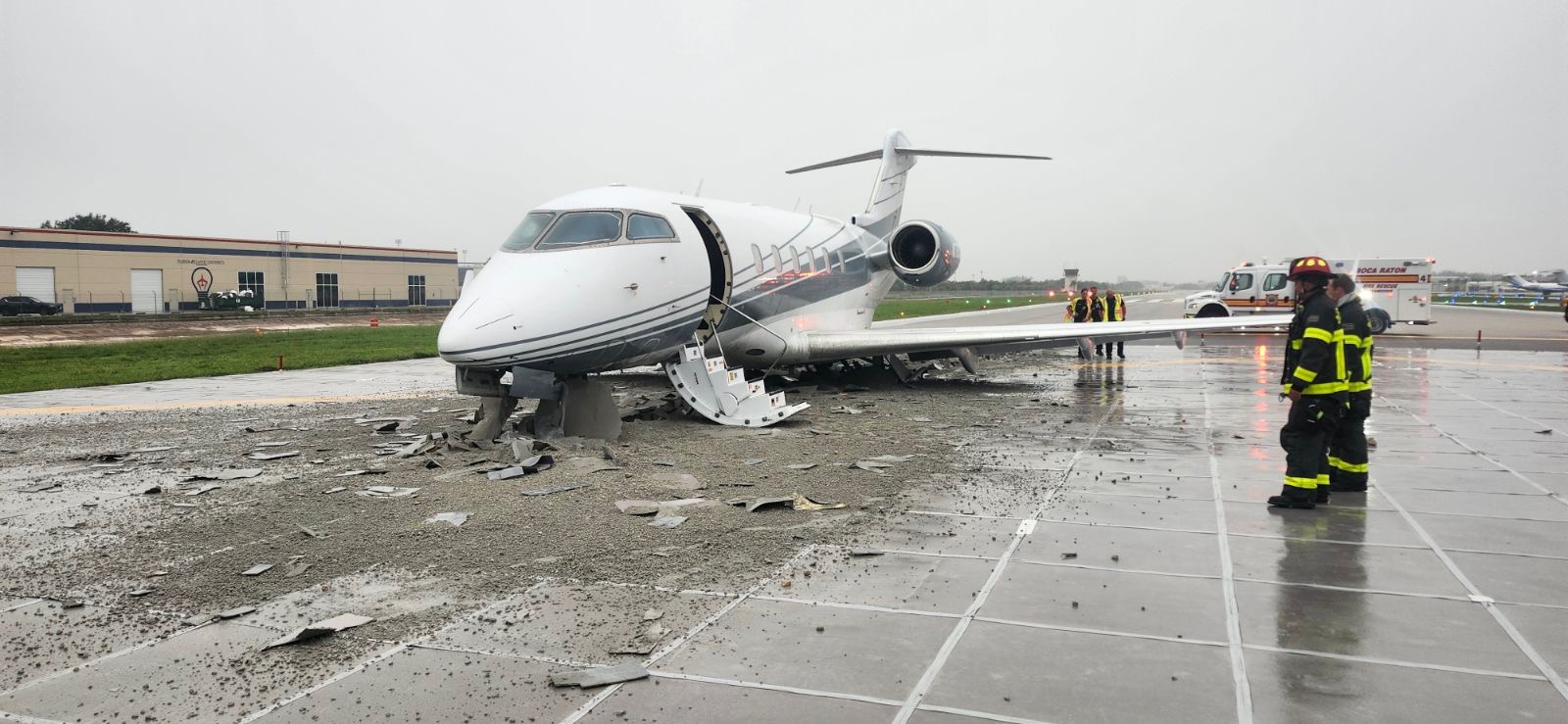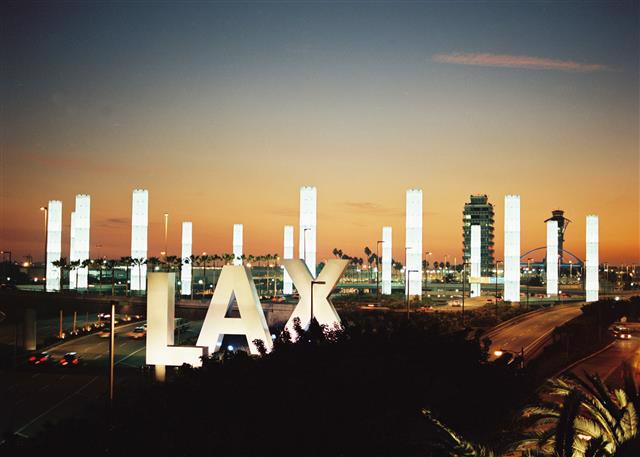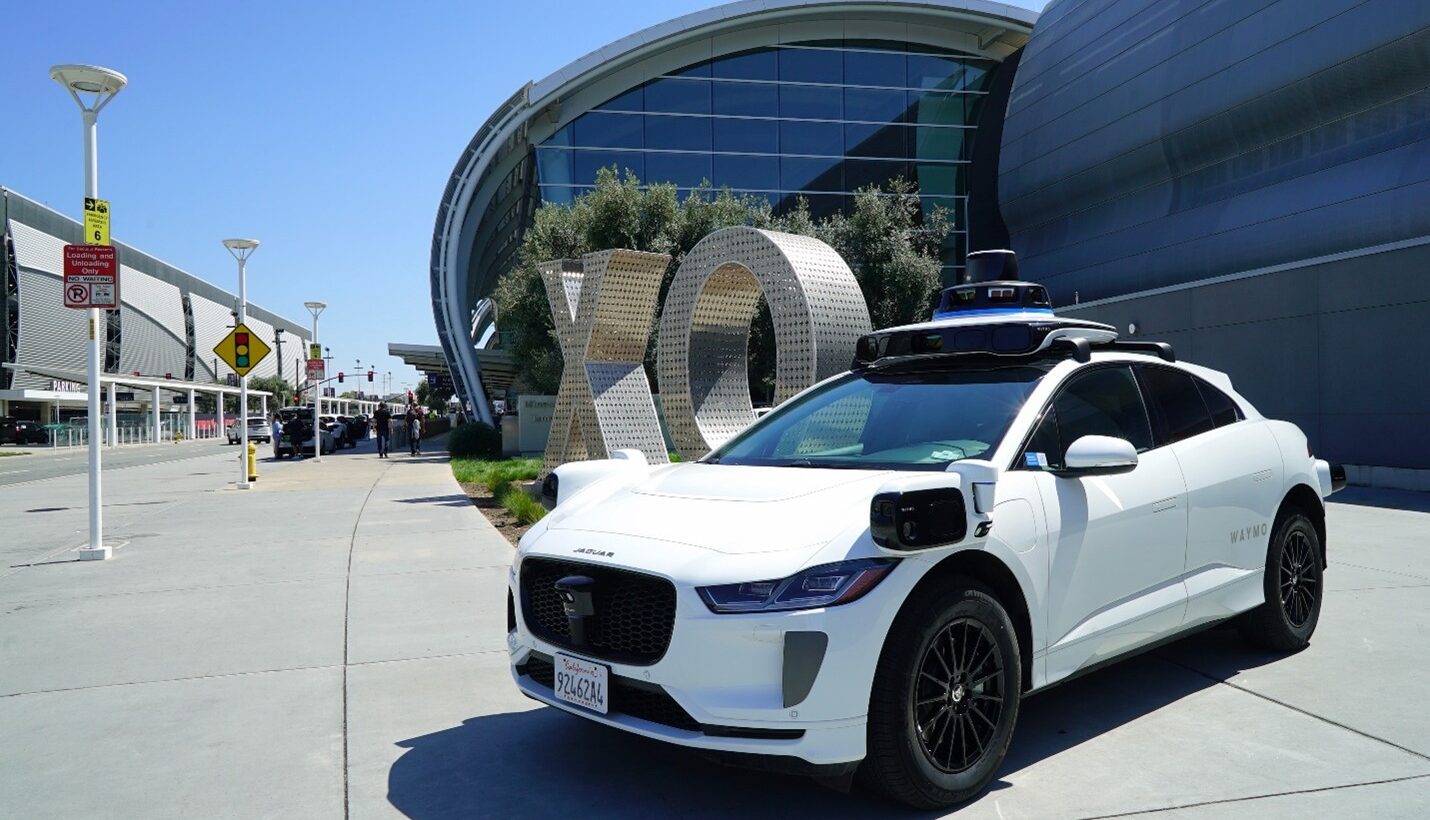Delta Air Lines has partnered with Shell and the Port of Portland to introduce sustainable aviation fuel (SAF) into the fuel system at Portland International Airport (PDX).
The delivery represents the first time that SAF has been made available at a commercial scale at the airport. It involves more than 400,000 gallons of blended SAF produced in the United States using waste-based feedstock. Shell supplied the fuel to the Zenith Energy terminal in Portland, where it was combined with conventional jet fuel in line with regulatory standards. The blended product was transported to PDX by barge, truck and pipeline, entering the airport’s fuel network in August.
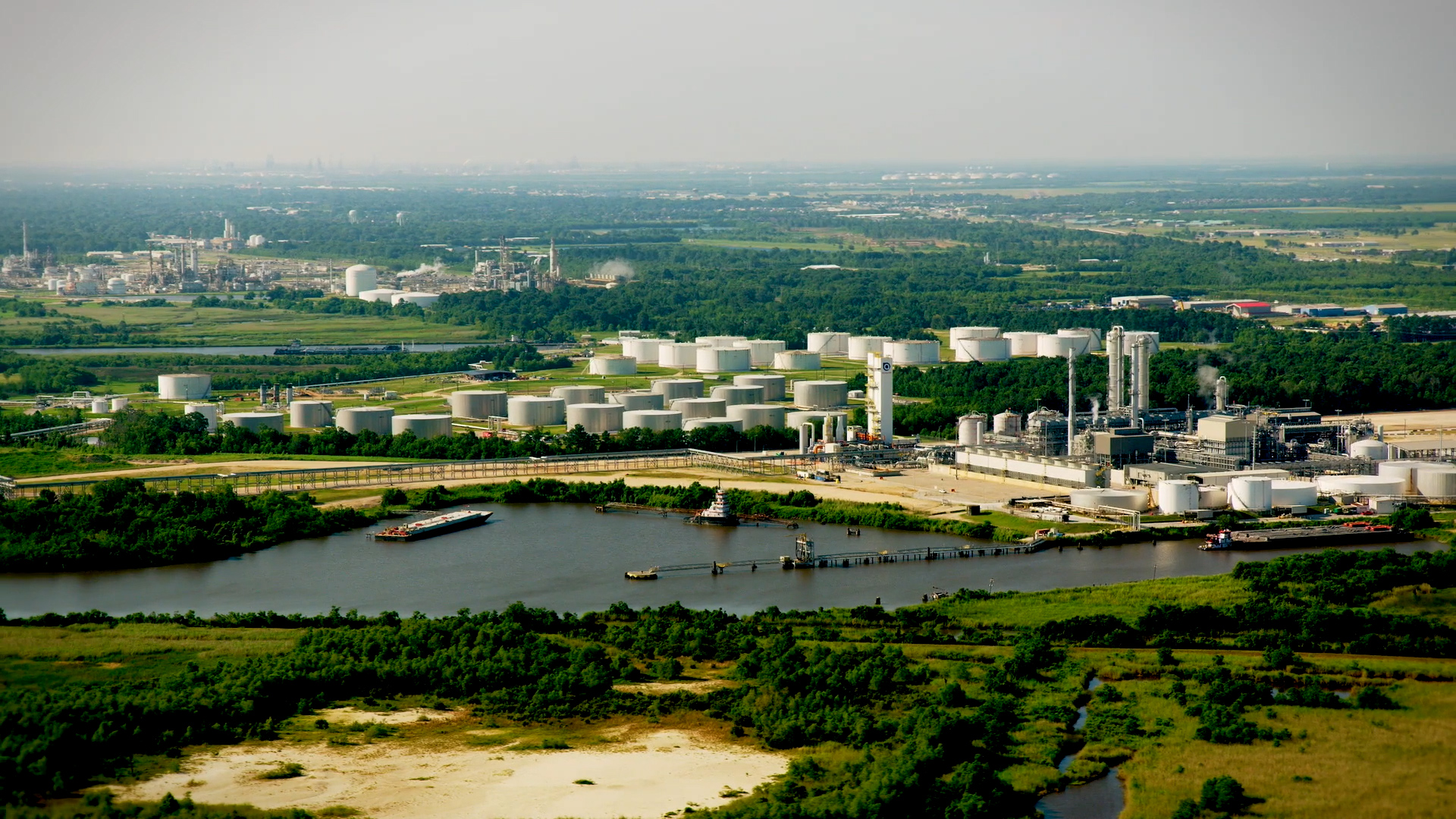
SAF is produced from renewable sources and can reduce lifecycle carbon emissions compared with fossil-based jet fuel. It can be distributed through existing supply infrastructure and used in current aircraft engines without modification. Despite its potential, production remains limited and costs are higher than traditional jet fuel. Global output is still far from meeting aviation demand.
Delta’s Director of SAF, Charlotte Lollar said:Every SAF delivery is a powerful example of how industry collaboration can unlock markets for sustainable aviation fuel. By working with Shell and the Port of Portland to tap into existing infrastructure, we’re able to access SAF at more airports and continue to prove its viability and ultimately scale it in a way the industry needs.
The Portland delivery is part of Delta’s wider strategy to establish SAF at multiple airports. Previous deliveries have been made to Minneapolis–Saint Paul and Detroit.
At a policy level, Delta has also supported the development of government incentives to encourage SAF production. Federal measures such as the SAF Blenders Tax Credit (40B) and the Clean Fuel Production Credit (45Z) have formed the basis for state-level initiatives and, following congressional approval, the 45Z credit is set to continue until 2029.
In Oregon, Delta is working with the Port of Portland and other stakeholders to explore ways of creating a reliable market for SAF in the region. The airline operates a significant network from PDX, connecting to most of its hub airports across the United States, and employs around 4,500 people in the Pacific Northwest.
Port of Portland Chief Aviation Officer Dan Pippenger said:We're excited about this step toward bringing Sustainable Aviation Fuel to PDX. It’s a move that can help improve local air quality and cut down on greenhouse gas emissions, which is great news for our communities. We're looking forward to working with our partners to make sure state and local policies support development of the infrastructure and market needed to bring SAF here on a larger scale – and unlock all of the health and environmental benefits it offers.



